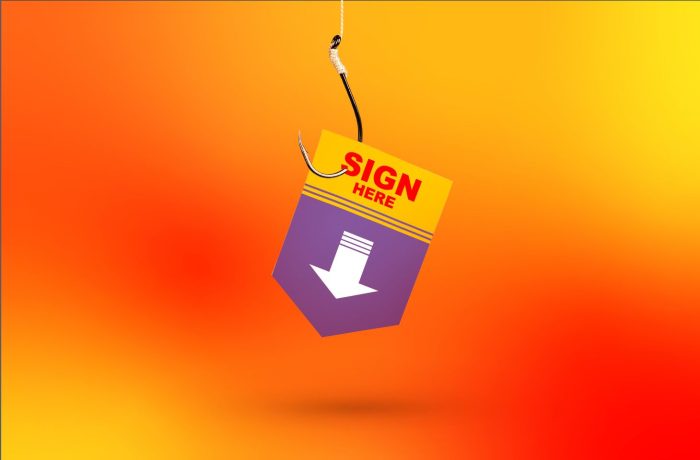
43 articles


Phishing and spam: the wildest campaigns of 2025
We’re diving into the most intriguing and sophisticated phishing and spam schemes intercepted by our experts throughout 2025.

Why businesses need to track down their evil digital twins
Crooks are impersonating your brand to attack customers, partners, and employees. How do you spot — and stop — an attack of the clones?

ForumTroll targets political scientists
GReAT experts have analyzed a new targeted campaign by the ForumTroll APT group.

Hardening Exchange servers
Here’s how to mitigate the risks of targeted attacks on your organization’s mail servers.

Email extortion: how scammers use blackmail
You’ve received a threatening email. What’s your next move?

Fake partnership proposals
Attackers pretending to be airlines or airports are sending out fake partnership offers.

Phishing scam targeting Ledger wallet owners
Attackers spin poignant tales of lost private keys as they try to phish seed phrases.

Phishing 101: what to do if you get a phishing email
Don’t panic. Again, don’t panic. Did we say don’t panic? A common threat explained in simple terms.

Beware of Google Forms bearing crypto gifts
Scammers are tricking people into giving up cryptocurrency through Google Forms surveys. Here is what they are doing and how to avoid falling victim to this scam.

New phishing scam lures users with fake HR policy updates
A curious case of spear-phishing email techniques employed on a mass scale.

Email from Google: law enforcement is looking into your account
Scammers are exploiting Google services to send fake law enforcement inquiry notifications, making them look like they originate from accounts.google.com.

Security measures for handling archive files in organizations
Archives are being used in targeted phishing and other attacks on organizations. What tools, settings, and policies can mitigate the threat?

Checking QR codes in emails
We’ve added technology that checks QR codes in emails for phishing links.

Passwords 101: don’t enter your passwords just anywhere they’re asked for
How to avoid giving away your password to scammers when logging in to third-party sites or viewing “encrypted” or “confidential” documents.

How to stop exploitation of CVE-2024-49040
The patch that fixes CVE-2024-49040 in Microsoft Exchange is temporarily unavailable. We’ve implemented heuristics that detect attempts to exploit it.

Phishing emails and Docusign electronic signature
Phishers have adopted another trick: they send emails pretending to be from Docusign with a fake link to a document that the recipient must sign.

Overcooking the phish
This phishing campaign incorporates ghost spoofing, embedded text in images, a PDF file, a QR code, DocuSign imitation, and Cloudflare verification — yet it still completely misses the mark.

SambaSpy: a new remote access Trojan
We’ve discovered a new Trojan that’s very selective about its victims.

Automated phishing
Telegram bot sells subscriptions to phishing tools to hack Microsoft 365 accounts, including 2FA bypass.

 signs of phishing
signs of phishing phishing
phishing threats
threats APT
APT scam
scam